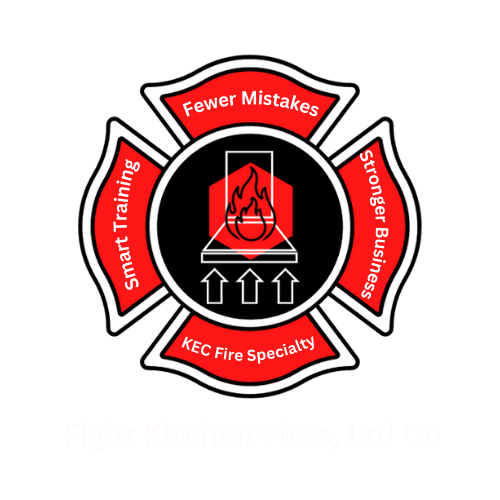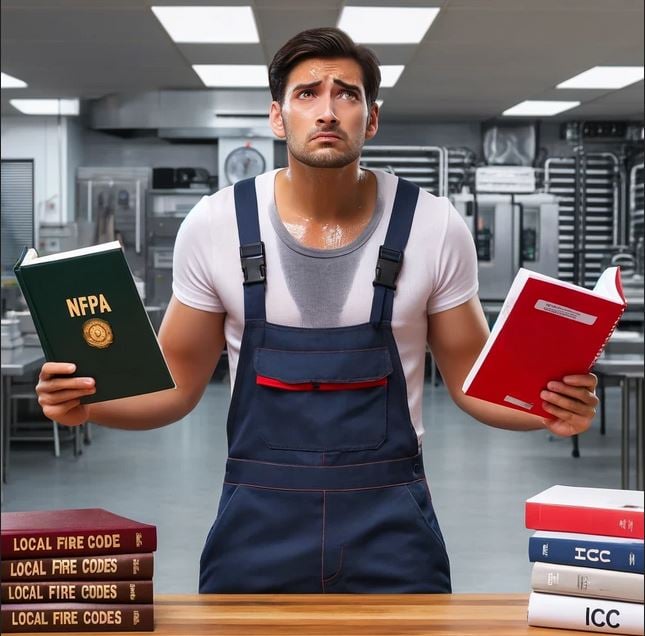In the commercial kitchen exhaust cleaning industry, adhering to the correct standards and fire codes is not merely a regulatory obligation—it’s a critical element in ensuring safety and efficiency. A prevalent misconception is that one universal standard applies everywhere. This is far from the truth. Different regions have distinct requirements, and failure to comply with the specific codes for your area can lead to dire consequences.
Understanding Regional Variability in Fire Codes
Fire codes and standards are designed to address the unique risks and conditions of different areas. What works in one state or city might not be appropriate in another. Organizations such as the National Fire Protection Association (NFPA) and the International Code Council (ICC) provide guidelines to ensure safety in commercial cooking operations, but how these guidelines are implemented can vary significantly depending on local regulations.
Why the Correct Standards Matter
- Safety: The primary goal of fire codes is to protect lives and property. Adhering to the correct standard ensures that the kitchen exhaust system is properly maintained, reducing the risk of fires.
- Compliance: Each region has its own regulatory body that enforces fire codes. Non-compliance can result in fines, business interruptions, and legal liabilities.
- Insurance: Insurance companies often require proof of compliance with local fire codes. Non-compliance can lead to denied claims in the event of a fire.
- Reputation: Adhering to the correct standards demonstrates professionalism and commitment to safety, enhancing your reputation with clients and regulatory authorities.
NFPA and ICC: Two Pillars of Safety
Both the NFPA and the ICC provide crucial guidelines for fire safety in commercial kitchens, but their applications can differ based on regional adoption.
National Fire Protection Association (NFPA)
The NFPA offers standards like NFPA 96, which governs ventilation control and fire protection of commercial cooking operations. NFPA standards are widely respected and used across many states and local jurisdictions in the U.S.
International Code Council (ICC)
The ICC develops a comprehensive set of building safety codes, including the International Fire Code (IFC) and International Mechanical Code (IMC). These codes are designed to be adopted, administered, and enforced by various governmental agencies.
Avoiding Common Pitfalls
One of the most common pitfalls is assuming that a standard used in one area is applicable in another. For instance, a kitchen exhaust cleaner well-versed in the NFPA standards required in Houston may find that the ICC codes apply differently in another region. This can lead to incorrect maintenance practices, potential safety hazards, and regulatory issues.
The Solution: Check Your Local Requirements
To ensure compliance with the correct fire codes and standards, always verify the specific requirements for your area. The NFPA provides a useful tool for this purpose. By visiting NFPA CodeFinder, you can easily find the applicable codes and standards for your location. Similarly, the ICC website offers resources to understand and access the relevant codes for your region.
Conclusion
In the field of commercial kitchen exhaust cleaning, knowledge of and adherence to the correct fire codes and standards cannot be overstated. It’s a matter of safety, compliance, and professionalism. Always check and verify the requirements for your specific area to avoid costly mistakes and ensure the highest standards of safety.
For more information on the specific standards for your area, visit the NFPA CodeFinder and the International Code Council websites. Your diligence in this matter is crucial for the safety and success of your business.
Want to learn more? Sign up for our up to date courses at: www.payhip.com/fkf



Comments ()